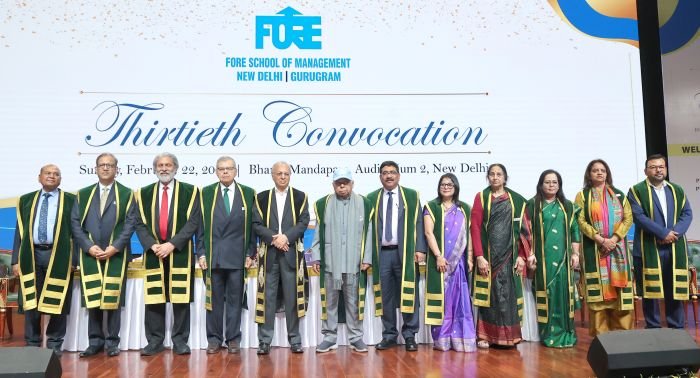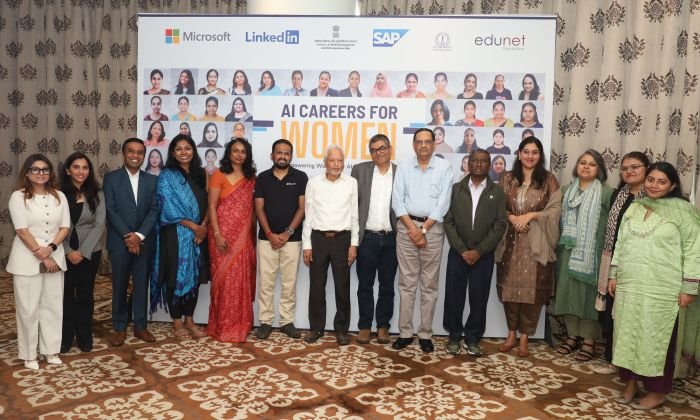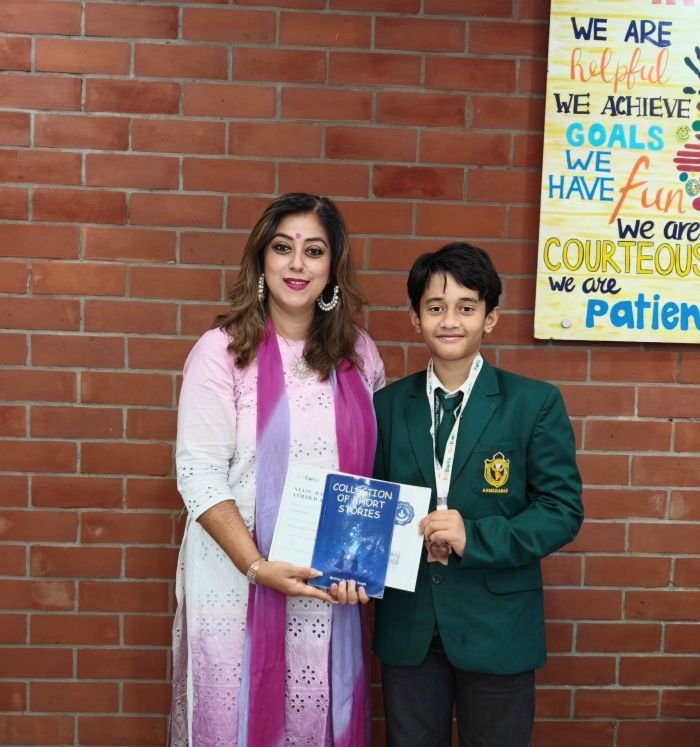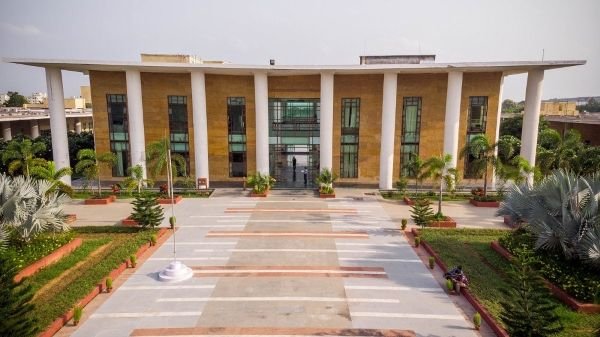The Asian Smart Cities Research and Innovation Network (ASCRIN), announced on September 2 by La Trobe University, Australia along with partners – the Indian Institute of Technology Kanpur (IIT Kanpur) and the Birla Institute of Technology and Science, Pilani (BITS Pilani) in New Delhi– will build a critical mass of resources, know-how and targeted research strength from the three universities, along with close engagement with industry and local government, to deliver impact for the sustainability, liveability and efficiency of cities across Asia. A joint PhD and research framework with BITS Pilani, supported and guided by a network of “Industry Champions” is a highlight of the consortium.
Key themes for research and industry collaboration are around infrastructure and technology; economic development; mobility and transport; health and well-being; education; urban planning; governance and engagement; security and safety; culture and heritage; and energy, water and waste.
La Trobe’s Vice-Chancellor, Professor John Dewar, who was in India for this important announcement said the Asian Smart Cities Research Hub draws upon La Trobe’s proven research and innovation strengths in Australia – adapting and applying them to Asian cities. For over a decade, our Centre for Technology Infusion has been delivering field-ready, Smart City projects with Government and industry in multi-disciplinary areas such as transport safety and mobility, energy and infrastructure management, digital supply chains, and smart farming.”
More than 70 academics from the three universities have already joined the research and innovation network, with the aim of creating new joint research professorships and a joint PhD program with more than 50 PhD scholarships offered.
Director of IIT Kanpur, Professor Abhay Karandikar, said the Institute specialises in smart energy grids which are the backbone of any Smart City.“We are not only conducting state-of-the-art research in this area but have also put our work into practice by implementing a smart energy grid in our very own campus. Combining our expertise in this this area with the research strengths of La Trobe University will, I am sure, bring us cutting-edge results for the benefit of rapidly urbanising Asian cities,” Professor Karandikar said.
Vice-Chancellor of BITS Pilani, Professor Souvik Bhattacharyya, said, “We are complementing and combining our expertise to address existing and new challenges in Smart Cities. This covers many areas, from mobility and transport to sanitation and waste management, using disruptive technologies such as IoT, AI, Machine Learning, blockchain and real-time data analytics.”








